Unlike the months on either side, August isn’t known for major holidays. But it does have one cause for celebration: National Fresh Breath Day! True, this observance will probably never achieve big-time recognition. Yet everyone would agree that fresh breath is something to appreciate! Unfortunately, bad breath is a persistent problem for many people. The first step in treating it is to identify the cause. Here are 5 common causes of bad breath:
1. Poor oral hygiene. Certain types of oral bacteria cause bad breath, and the mouth provides a perfect environment for them—especially when dental plaque and food debris is not well cleansed. So to keep your breath fresh, maintain a diligent oral hygiene routine. This includes brushing your teeth twice a day with fluoride toothpaste and flossing at least once a day. For an extra-clean mouth, use a tongue scraper—a plastic tool about the size of a toothbrush that’s available in most drug stores. This will remove bacteria and food debris from your tongue for extra freshness.
2. Oral diseases. Bad odors in your mouth may also be caused by infections—which is what tooth decay and gum disease actually are. Sometimes old fillings wear out, allowing bacteria to re-infect a tooth that was once treated for decay. Other signs of these common oral diseases include tooth pain and bleeding or puffy gums. If you notice any of these, don’t ignore it—make a dental appointment today!
3. Diet. Smelly foods will give you smelly breath; it’s that simple. And the odors may linger after you have eaten them. When onion, garlic and other pungent foods are digested, their odor-producing substances enter your bloodstream and proceed to your lungs—which can affect how your breath smells. If you suspect your dietary habits are causing bad breath, try eliminating certain foods (at least temporarily) and see if that helps.
4. Dry mouth. Saliva helps cleanse your mouth, so reduced saliva flow can lead to bad breath. This accounts for “morning breath,” which is caused when the mouth dries out during sleep (especially if you are a mouth-breather). However, some people don’t produce enough saliva throughout the day. Sometimes it’s just that they don’t drink enough water. But a very common cause of chronic dry mouth is regular use of medications, both prescription and over-the-counter. If you notice that medication is drying out your mouth, let your doctor know. And stay hydrated!
5. Smoking. Given that smoking increases your risk for many serious diseases, including oral cancer, the fact that it can lead to bad breath seems almost trivial. Still, it’s worth noting that smoking causes mouth odor both directly and indirectly by reducing the flow of saliva and promoting gum disease. In fact, tobacco in all forms is a hazard to your health.
If you’d like more information on bad breath, please contact us or schedule an appointment for a consultation. You can learn more in the Dear Doctor magazine articles “Warning Signs of Periodontal (Gum) Disease” and “Dry Mouth.”



